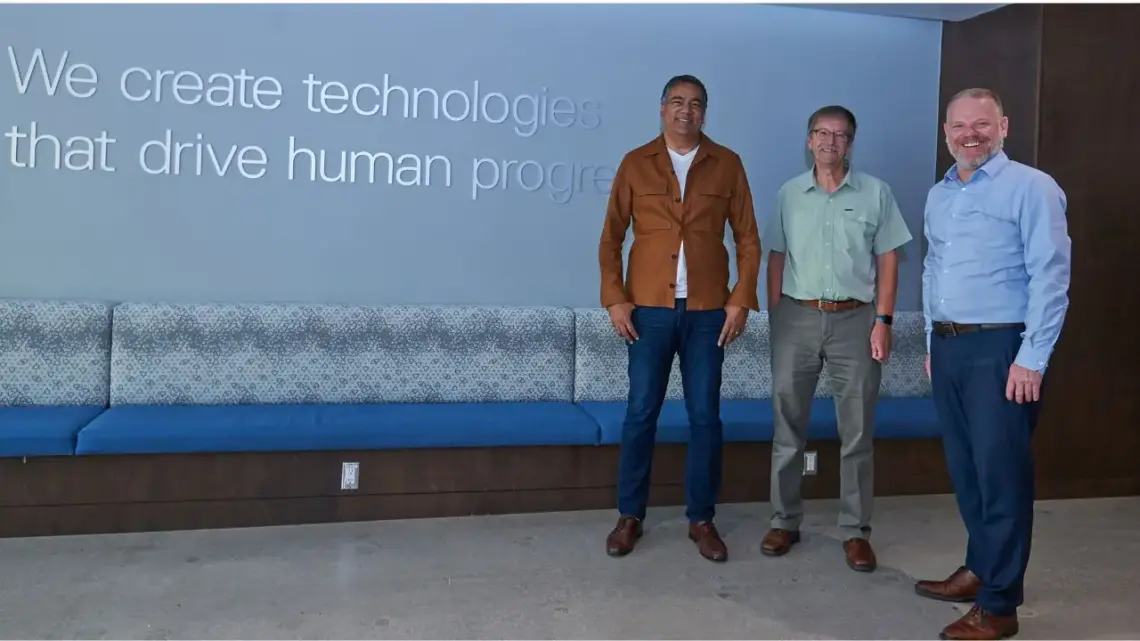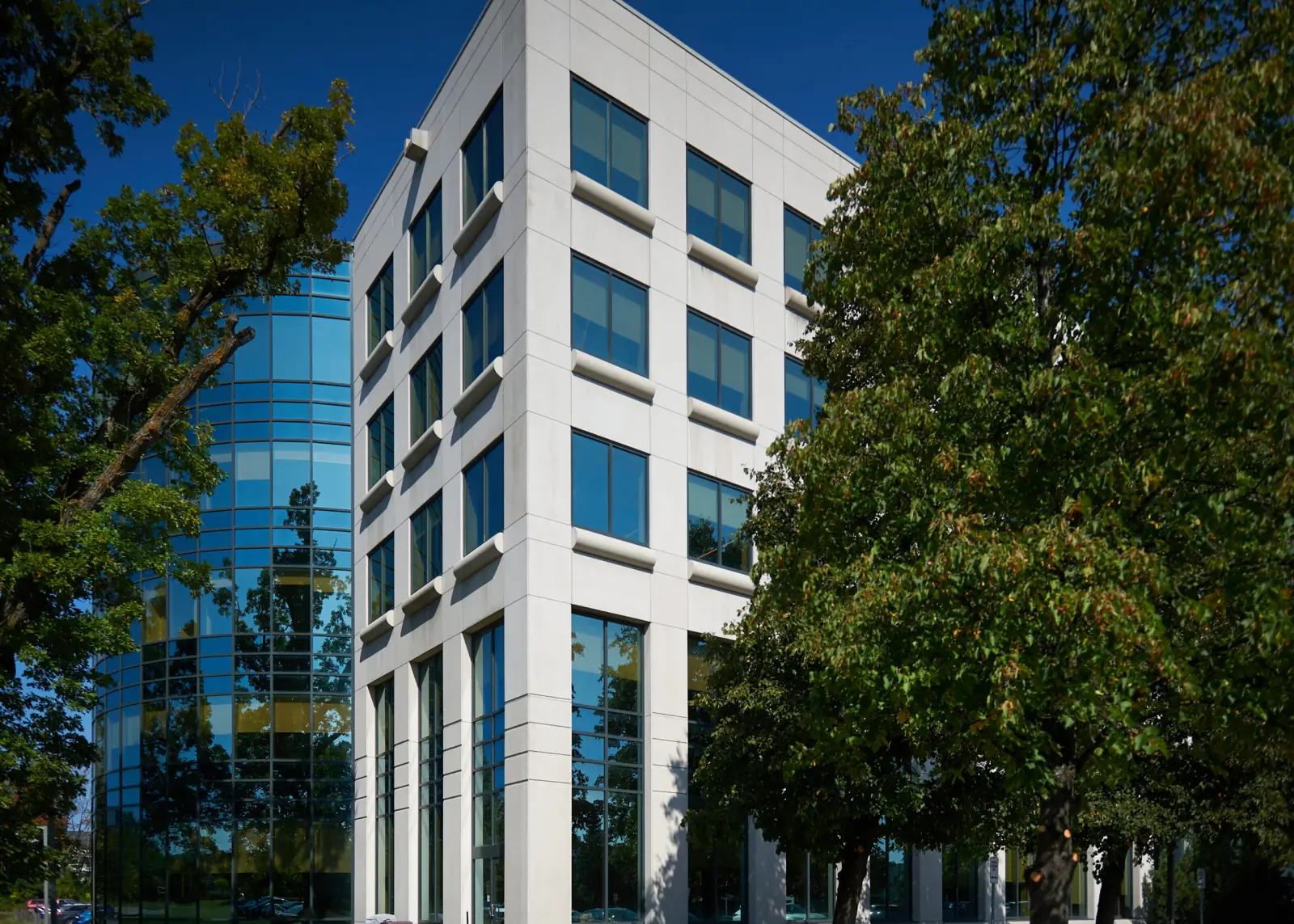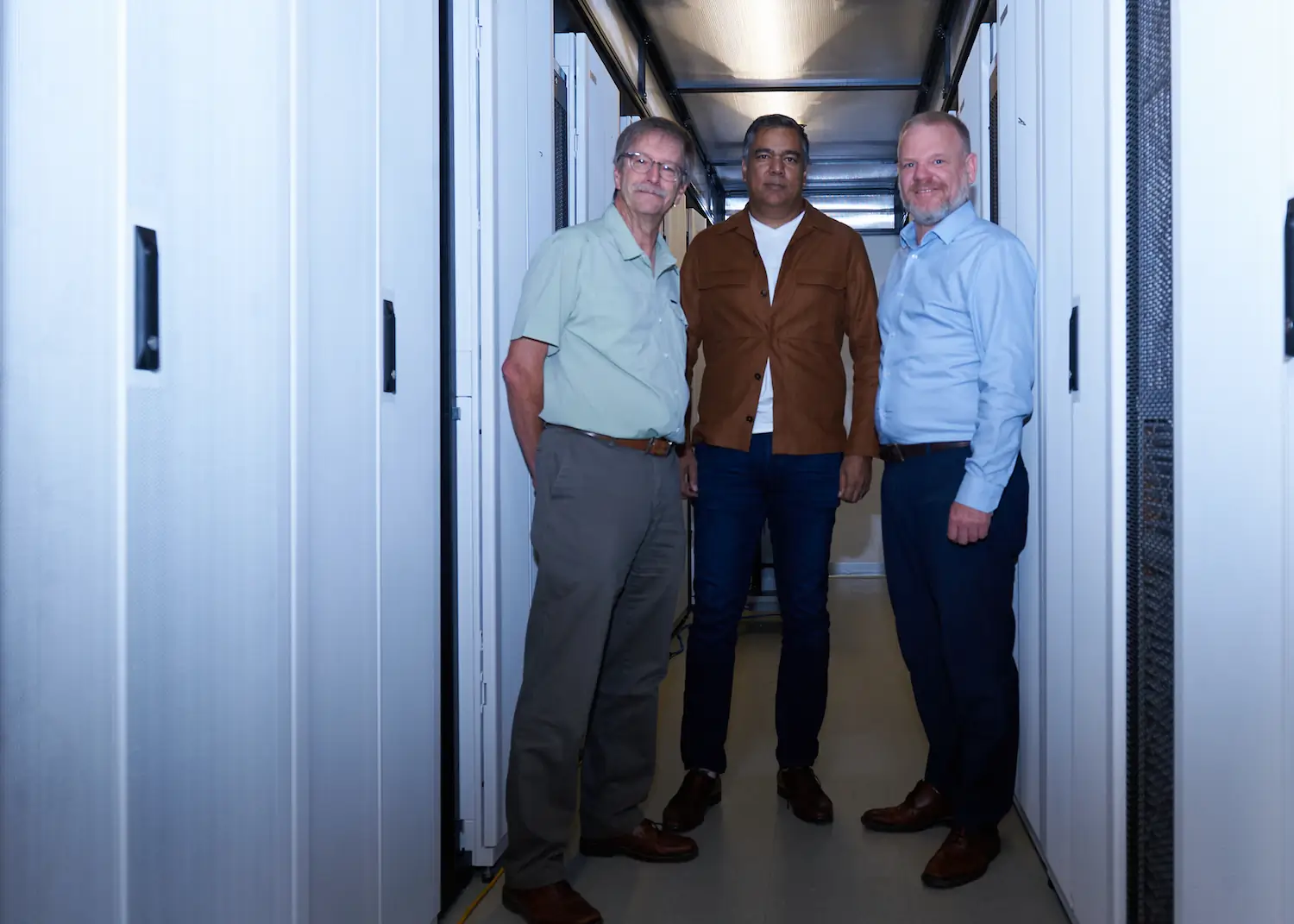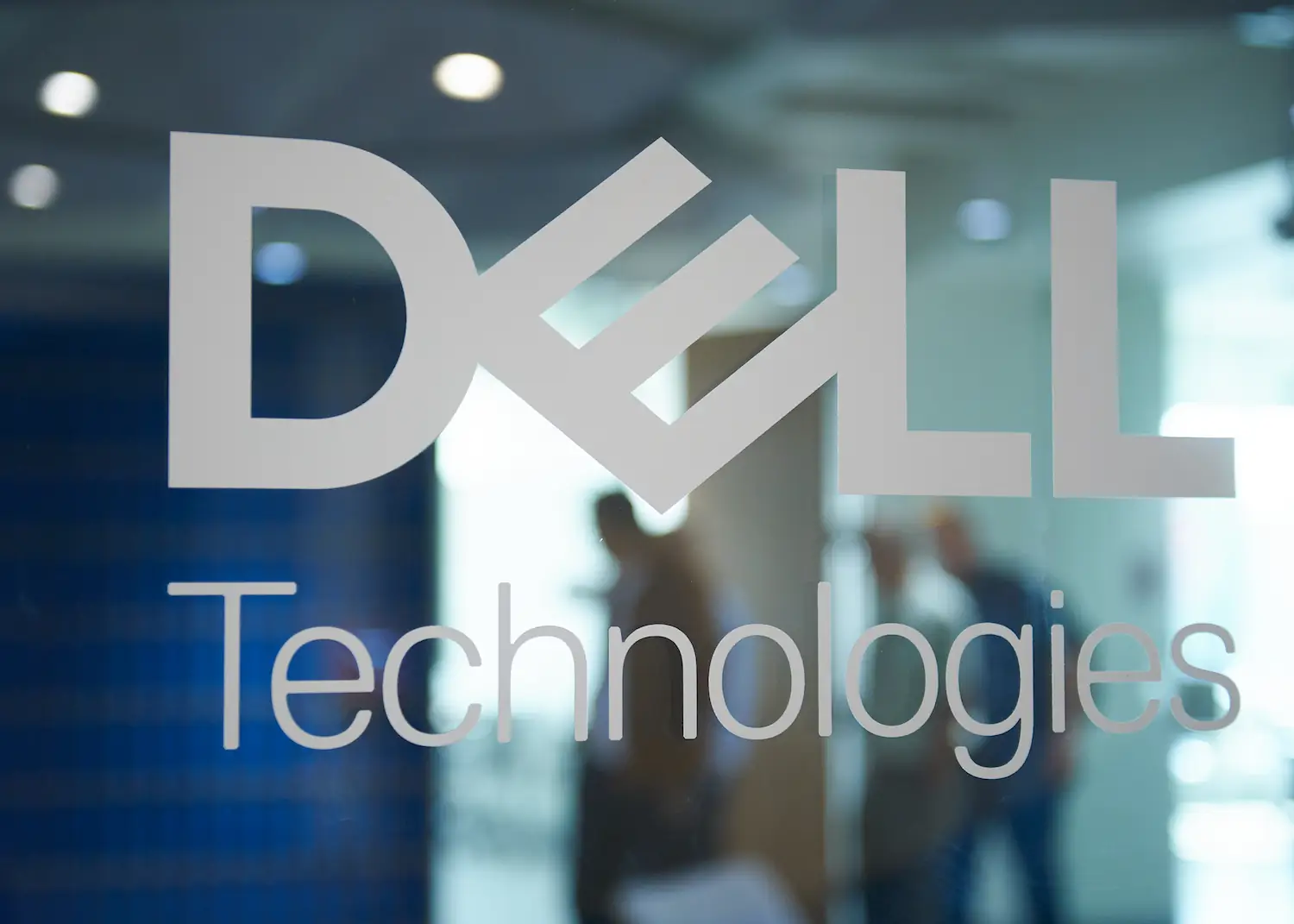
Kanata North has a brand new bag, and its name is Dell.
Yep, you heard that right. The company — now on the cusp of turning 40 — chose Kanata North as the best place to reinvent itself with a new line of business in 5G telecommunications.
Locating Dell Technologies in Ottawa makes perfect sense to anyone who’s aware of the pedigree and sheer volume of engineers roaming around the city’s tech park — Nortel may be long gone, but a good chunk of the people who worked there are still in the city.
It’s a strategic advantage that couldn’t be overlooked.
When Dell approached a few members of this talent pool to get in on the ground floor, they jumped at the chance.
“The depth of Ottawa’s talent pool makes us best equipped to navigate the 5G industry transition,” said Vish Nandlall, vice-president of technology strategy and ecosystems. “Exciting developments like this should be populated by the best minds in the industry.”
Dell’s strategic investment to build a cutting-edge lab at 1000 Innovation Dr. proves its confidence in Kanata North’s talent pool. Under Nandlall’s leadership, the team in Ottawa was incubated to a 300-person R&D organization during the recent pandemic. Since then, Dell has mainstreamed the project into a formal Telecom Systems Business Unit, where it has grown beyond 400 engineers as of this year.

Now that the lab is up and running, this Dell team will fly under the radar no more. They’re ready to make their mark and leave behind a legacy for the next generation.
Why is 5G so promising?
Dell is known for building hardware like laptops, but the company saw that 5G was the ideal space for a new line of business.
On paper, the shift from 4G to 5G involves changing a single digit. In reality, implementing 5G will require standardizing and building a new telecommunications infrastructure.
It’s true that 5G will give the average consumer the ability to download a movie in one minute instead of 10, but the game-changing business potential lies with private 5G networks for enterprises.
“The emerging class of private cellular networks is fundamentally changing the equation,” said Nandlall. “There’s potential for massive productivity gains with 5G-driven technology, including robotics, autonomous driving, remote surgery and even augmented reality.”
5G tech is also more reliable and offers businesses more independence and control. By installing their own 5G radio units (which are similar to WiFi access points) enterprises can process huge amounts of data quickly and securely.
“You can’t uniquely rely on a public network when the signals can’t get into your building,” said Don Hawkins, senior director of the telcom systems business. “And your applications may require a private network on your premises to augment the public coverage.”
All that adds up to enterprises needing a lot more than 4G.
Missing out on the opportunities of 5G could make the difference between staying competitive and being the next proverbial Blockbuster, which is why both governments and industry knew it was time to make this telecommunications revolution a reality.
Why Dell is ready for 5G
Making it happen is going to take some work — 5G infrastructure has to be built from the ground up.
The task is so massive that governments around the world are supporting Open RAN (radio access network) — a set of specifications that defines open interfaces between systems — to make it possible.
“Canada, the U.S., Australia, Britain and New Zealand have all signed an agreement saying this is strategically important for the security of supply for telecom infrastructure,” said Hawkins.
Industry spearheaded the push for Open RAN, including big carriers in Japan, the U.S. and Europe who didn’t want innovation and competition to be quashed by being locked into large legacy networks.
“How do you get more competition into the market? How do you get innovation happening?” said Hawkins. “You open it up.”
What exactly is Dell building?
Fortunately for Dell Technologies, Open RAN isn’t the only competitive edge they have in the 5G enterprise market.
The company’s existing server business ensured they were perfectly positioned to step into this space. “Open RAN relies on the type of servers Dell creates to perform baseband processing,” explained Hawkins.
Dell is creating hardware and intellectual property (IP) within this open ecosystem. There are four development teams presently in Ottawa covering hardware development, software development and advanced wireless technology.
On the IP side, new enterprise-friendly standards are needed. “We’re developing intellectual property that will define next generation wireless standards,” said Morris Repeta, director of advanced wireless technology.
While Repeta’s team is handling the standards and advanced technologies that will be required for 6G, Hawkin’s people are developing new hardware.

“We announced one product developed in Ottawa at Mobile World Congress called the Open RAN accelerator,” said Hawkins. “It’s a card that goes into a Dell server and allows you to get higher performance than you can get from the processor.”
How are they making it happen?
All this has come together due to Nandlall’s vision, with their office officially opening in March of 2023.
“We saw the powerful forces changing the telecoms industry,” said Nandlall. “So after some initial prototyping and business planning, a group of about 10 started developing products in 2020.”
In spite of their exponential growth — or maybe because of it — there’s plenty of opportunity for new recruits to get in on the ground floor.
“I have about 30 on my team, with 95 per cent being PhDs and the remaining five per cent having more than 20 years of experience,” said Repeta. “So there’s a lot of brainpower on this right now.”
Keeping the brain gain pipeline open is another focus of the Dell team. They continue to form research partnerships with Ottawa’s academic community and initially searched far and wide to find the best talent around the world.
“We have people in Montreal, Toronto, Boston, Dallas, London, UK and Tel Aviv,” said Repeta, adding that the pandemic was a “wild time” to build an organization.
Today, they’re calling out to the engineering talent in Ottawa who are turning their eyes towards telecom as a hot industry.
“It’s early days here in Canada, we’re pioneers,” said Repeta, adding, “After three years we are still growing. But, across the four distinct R&D teams here in Ottawa, we are a talented team of professionals committed to making Dell a leader in the 5G space.”
By: Paula Clark

